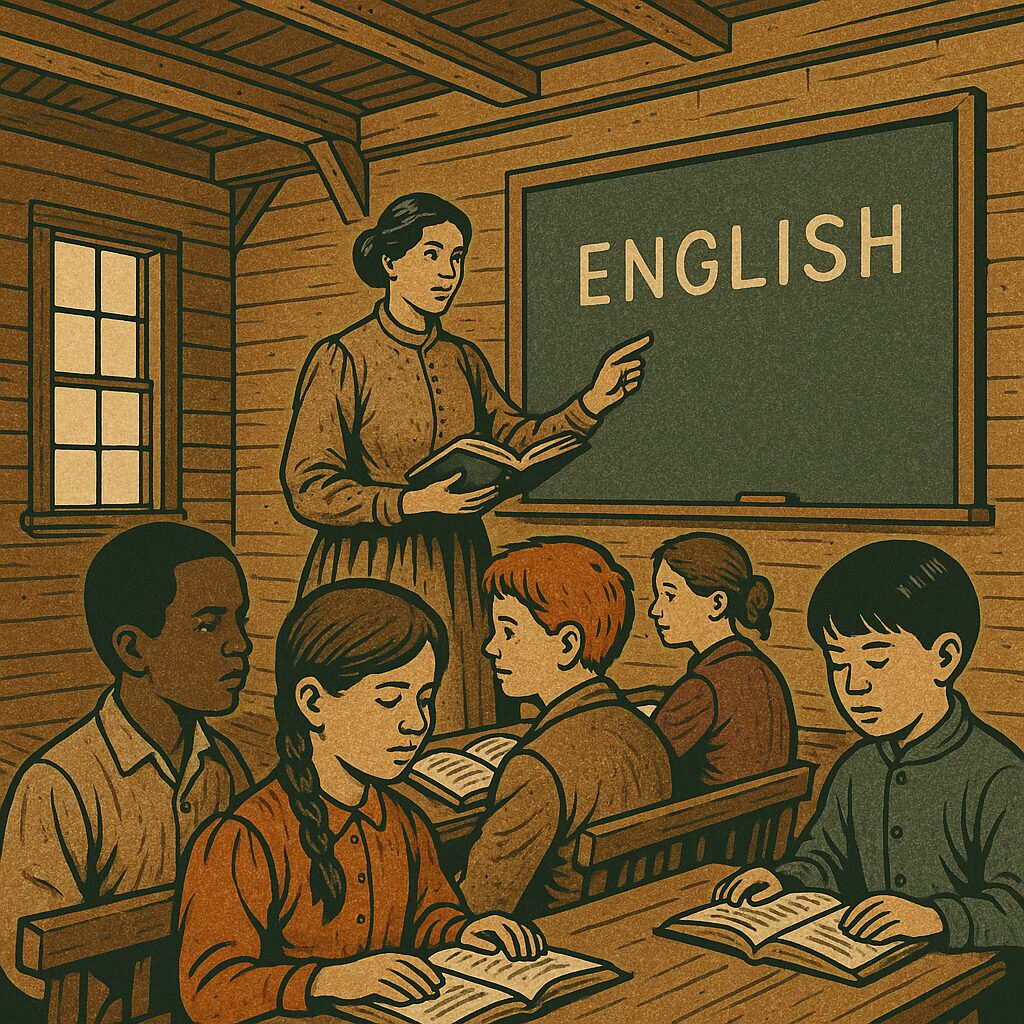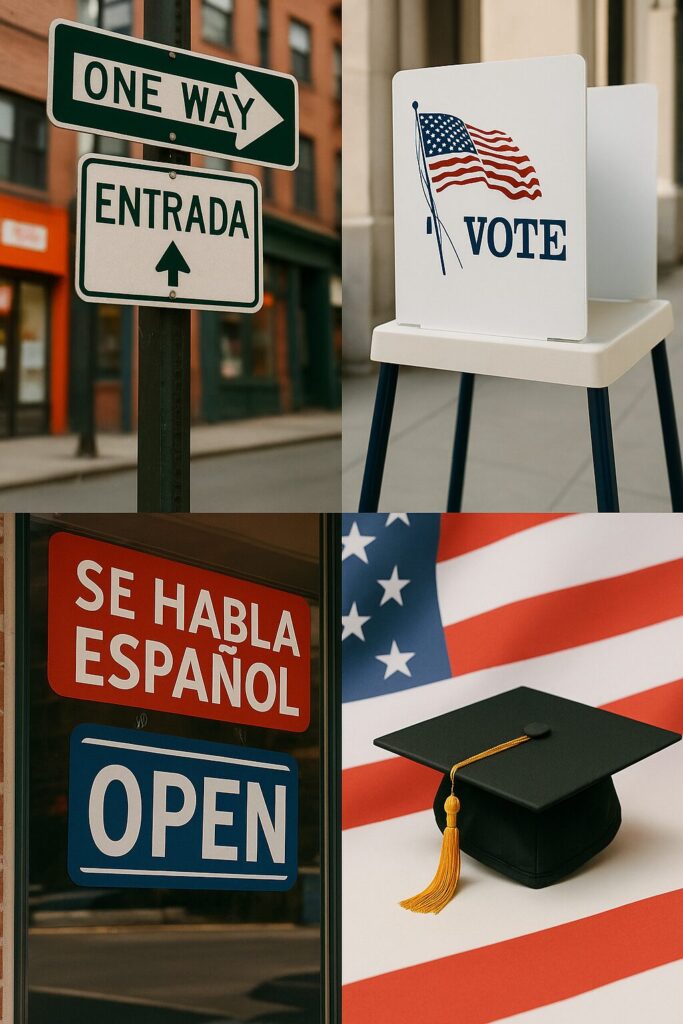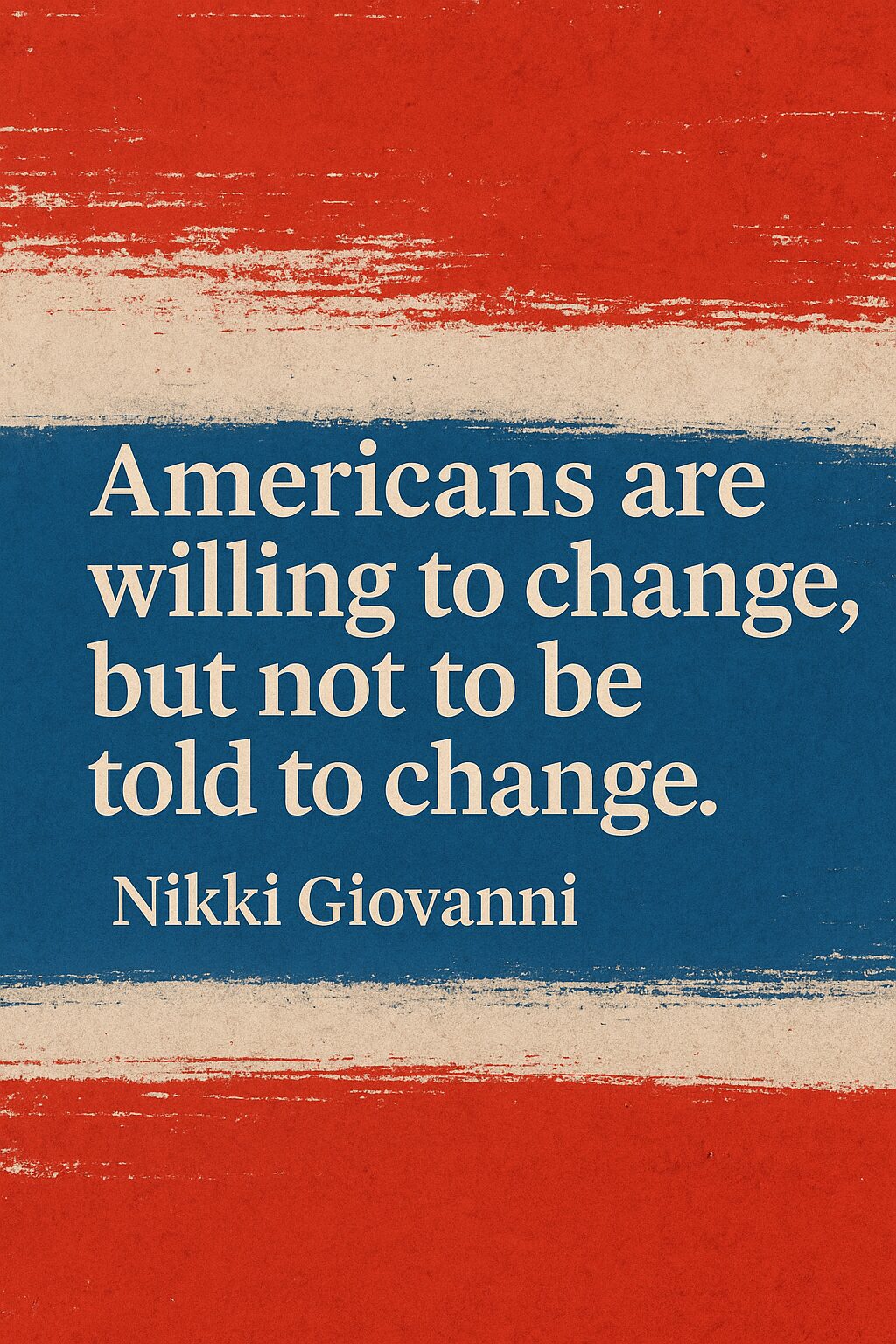How America built a common language without ever making it law
“Americans are good with change. They just don’t like being told to change.” — Paraphrased wisdom, possibly from Margaret Mead or every grandmother in the Ozarks.
There is no amendment in the U.S. Constitution that declares English the national language. In fact, there is no federal law at all that does this. And yet, across fifty states and a hundred dialects, from Maine to Modesto, English is the de facto language of law, business, governance, and high school civics class.
How did that happen?
The short answer is Horace Mann.

The Father of American Public Education (and Linguistic Uniformity)
Horace Mann never passed a language law. He never convened a national language commission or lobbied Congress for monolingualism. What he did instead was more powerful: he designed a public education system that ran on English like a factory runs on electricity.
In the 1830s and 1840s, Mann led the Common School Movement in Massachusetts. The goal was simple but revolutionary: free, universal, non-sectarian public education for all children. But there was a catch. The schools would be common not only in their funding, but in their language.
At a time when German, French, and even Dutch were commonly spoken in immigrant communities, Mann built teacher training programs, textbooks, and state curriculum standards that defaulted to English. Not by law. By design.
The results were subtle but profound: over the next century, the public school became the great equalizer—but also the great Anglicizer. If you wanted to learn to vote, read newspapers, go to college, or get a job in a growing bureaucracy, English was your gateway.

Why the U.S. Never Needed a Language Law
Other countries did it differently. France passed strict laws in the 1880s that banned regional languages in classrooms. Germany, Italy, and Japan standardized national languages through state control. Atatürk in Turkey outright replaced the alphabet.
But America did something clever: it let English win by utility, not by fiat.
This reflects something deep in the American psyche. We like becoming. We don’t like being told to become. English became the national language because it was tied to access—to schooling, to markets, to mobility. It became the language of upward momentum.
That doesn’t mean there hasn’t been resistance. Immigrant communities fought to keep bilingual schools. German speakers were harshly repressed during World War I. Spanish speakers have had to fight for basic language access for decades. But what makes the U.S. unique is that these conflicts happened without a central language authority. The battle was never over an official edict—it was always about whose voice could be heard in the conversation.
What This Means for Today
As we debate the role of multilingualism in modern America, from Spanish-language ballots to dual-immersion classrooms, it’s tempting to ask: shouldn’t we just declare English the national language once and for all?
But the history suggests a different path: continue building systems that reward shared understanding, not systems that punish difference. Let English remain the default because it still opens the most doors. But resist the urge to carve it into stone. Americans prefer gravity to force.
And gravity, after all, always wins.
Author’s Note:
This post was written with help from ChatGPT, who served as my research assistant, draft whisperer, and occasional devil’s advocate. While I supplied the brainwaves, it handled the caffeine-free typing. Any errors are mine. Any unusually clever metaphors probably aren’t.

